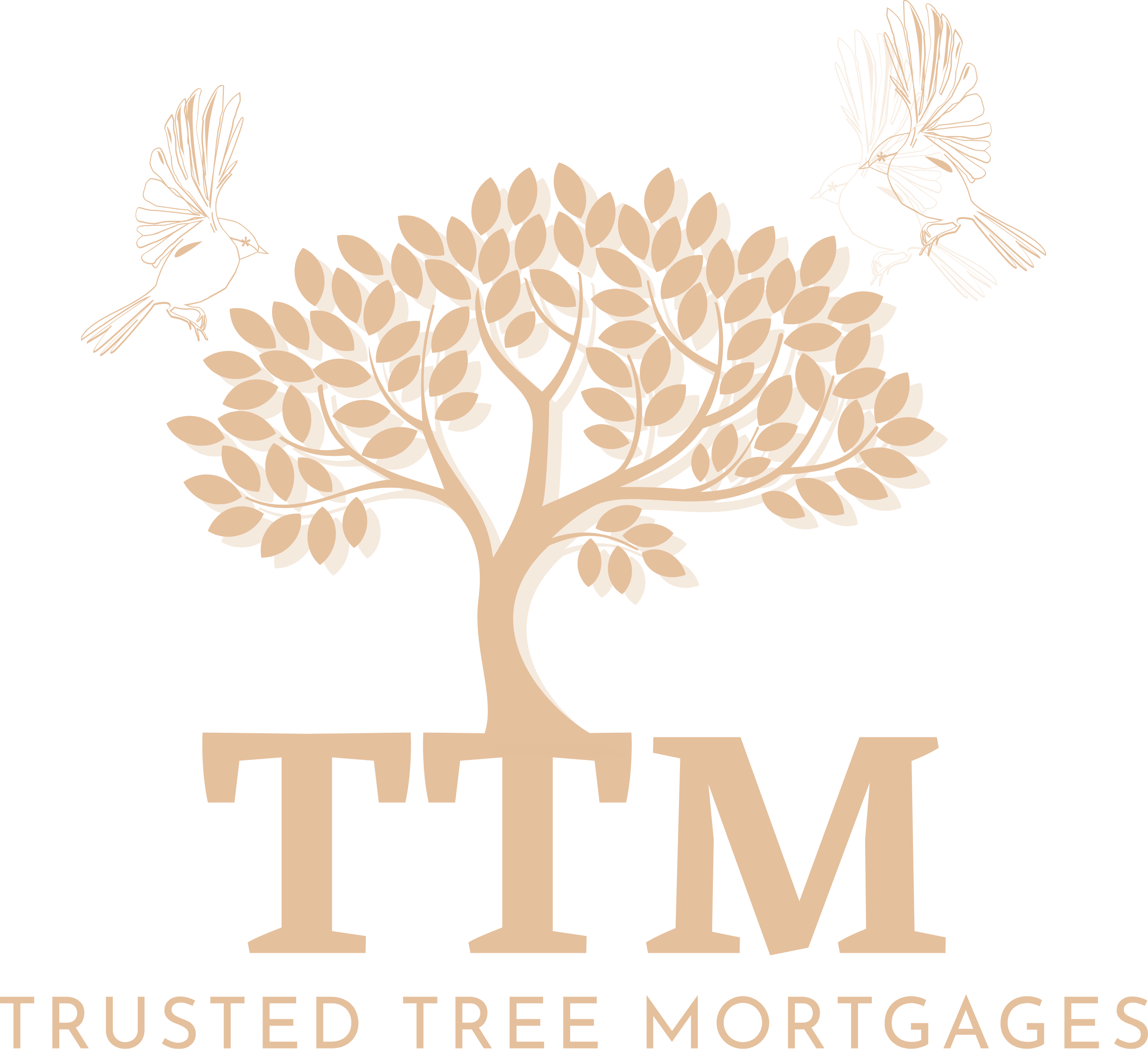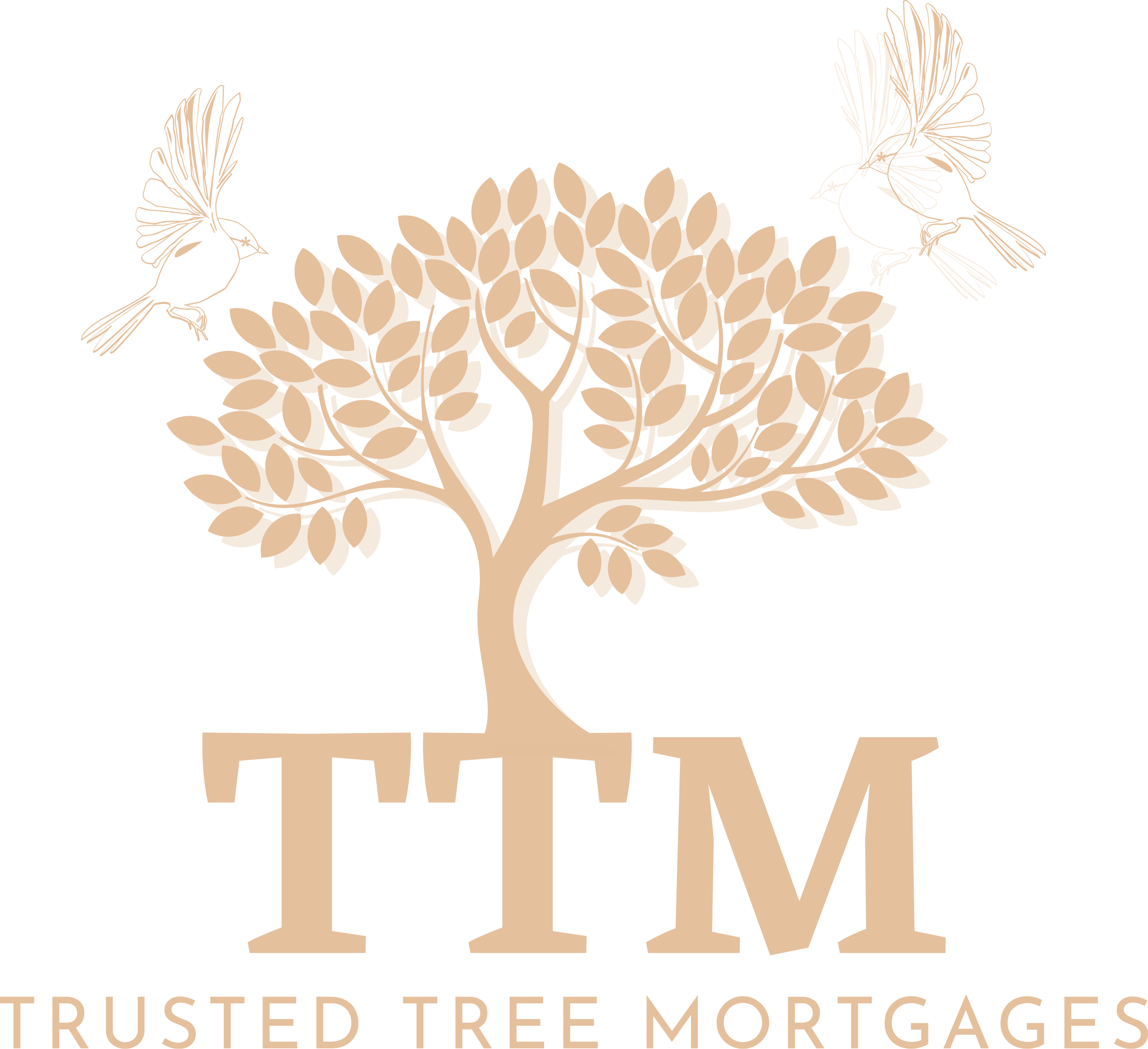What is an Interest-Only Mortgage?
An interest-only mortgage is a type of loan where you only pay the interest on the loan each month, rather than both the interest and the principal. This means your monthly payments are lower during the interest-only period, but you will need to repay the full loan amount at the end of the term.
Key Features:
- Lower Monthly Payments: During the interest-only period, your payments are lower because you are not repaying the principal.
- Repayment Plan Required: You must have a plan to repay the principal at the end of the term, which could involve selling the property, refinancing, or using other assets.
- Early Repayment Options: Depending on the agreement with your lender, you may have the option to make early repayments either after the fixed term or during the loan period. This can help reduce the overall loan balance and interest costs.
- Early Repayment Charges (ERCs): Borrowers should understand whether there are ERCs associated with their mortgage and how much they might be. ERCs are fees charged by lenders if you repay your mortgage early, typically ranging from 1% to 5% of the remaining loan balance. Generally, there won't be ERCs after the fixed term ends.
Benefits:
- Cash Flow Management: Lower monthly payments can help manage cash flow, especially for investors or those with fluctuating incomes.
- Flexibility: Provides flexibility to invest or use funds elsewhere during the interest-only period.
- Early Repayment Flexibility: The ability to make early repayments can provide additional financial flexibility and potentially reduce the total interest paid over the life of the loan.
Considerations:
- Repayment Risk: You need a solid plan to repay the principal at the end of the term. Consider how you will manage this repayment, whether through selling the property, refinancing, or other means.
- Potential for Higher Costs: If property values do not increase or if you cannot refinance, you may face higher costs. It's important to have a backup plan in case your primary repayment strategy doesn't work out.
- Early Repayment Terms: Be sure to understand the terms and conditions related to early repayments. Some lenders may charge ERCs if you repay your mortgage early, so it's crucial to know if these charges apply and how much they might be. Generally, ERCs won't apply after the fixed term ends, but always confirm this with your lender.











